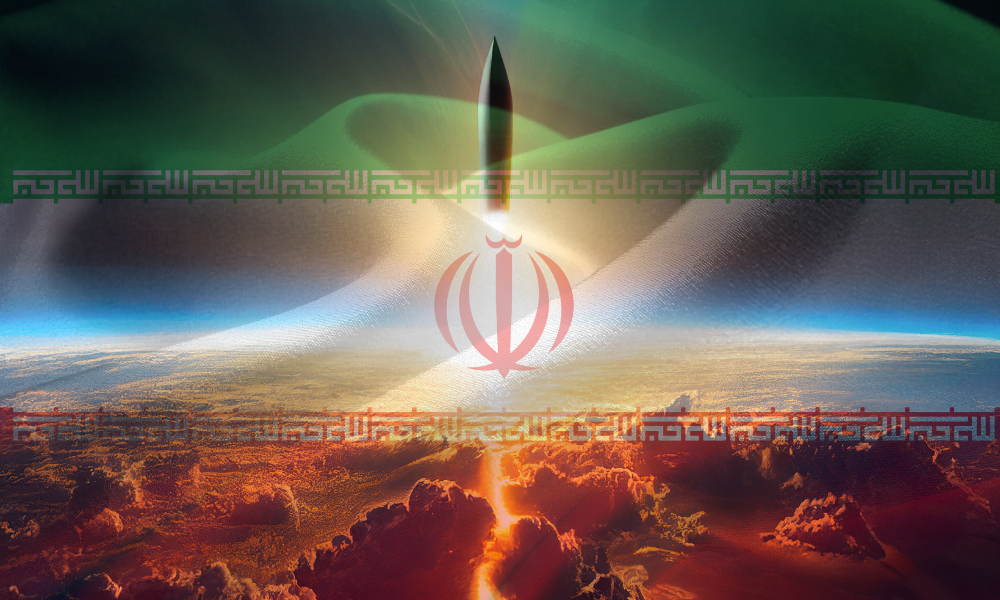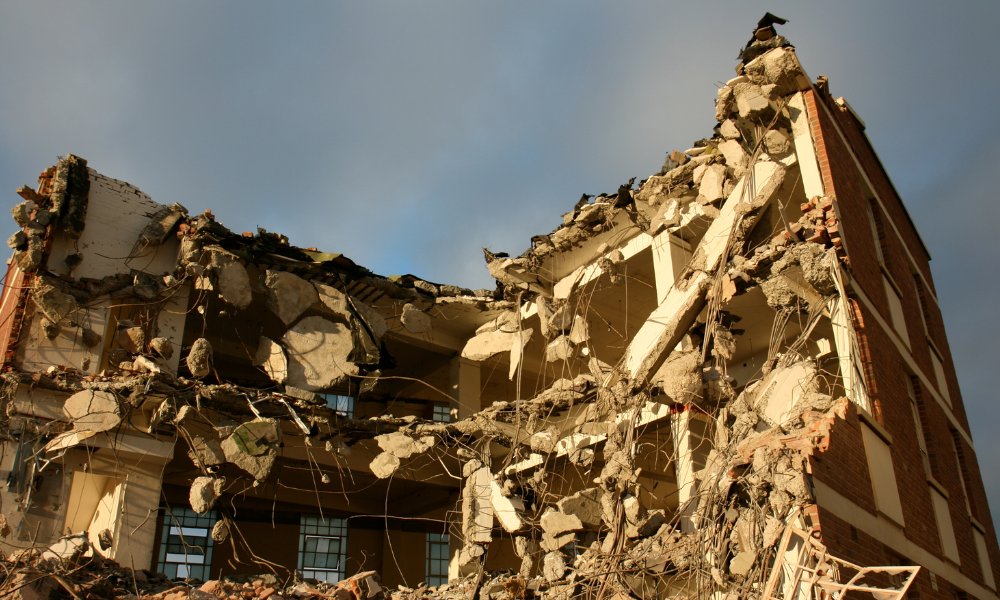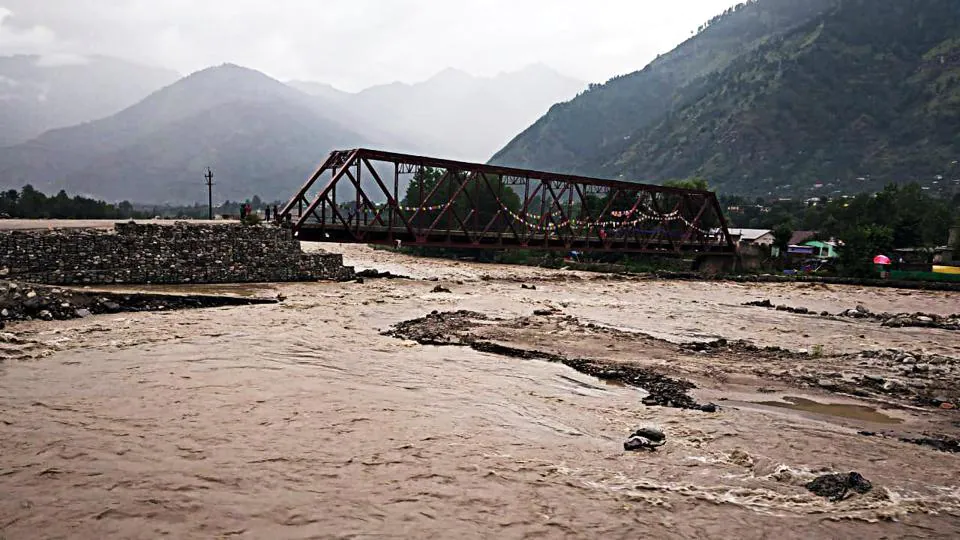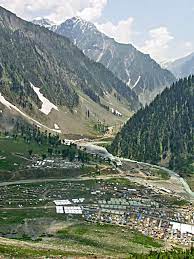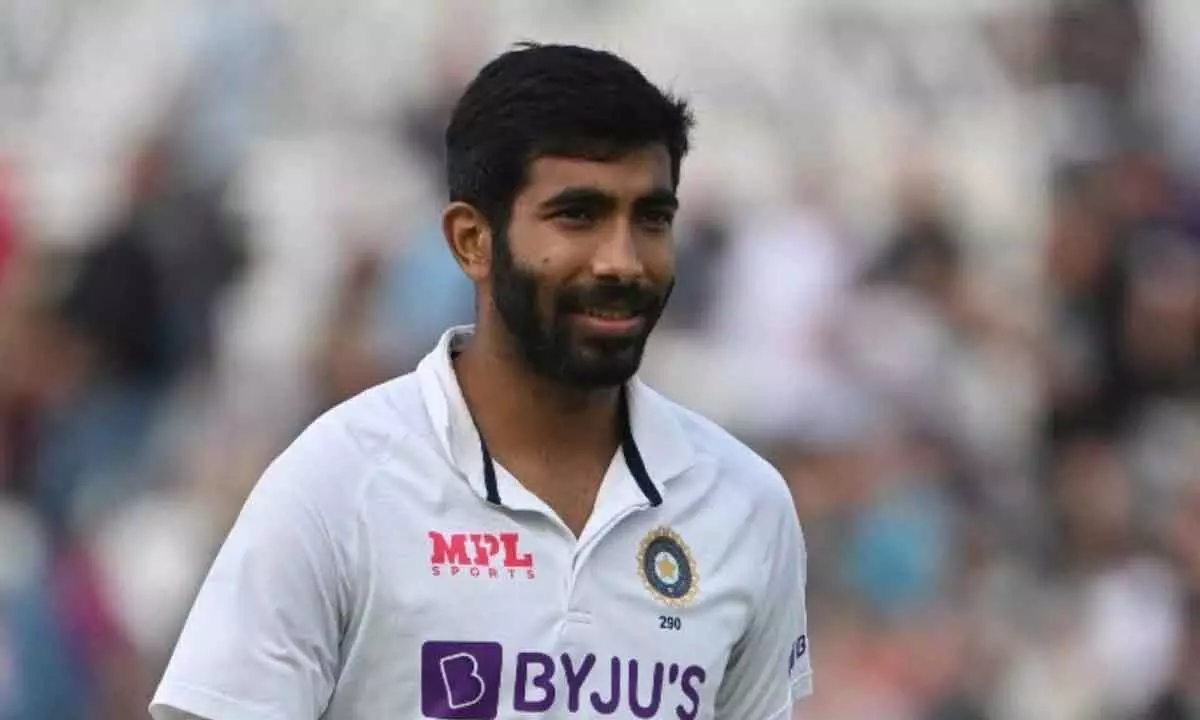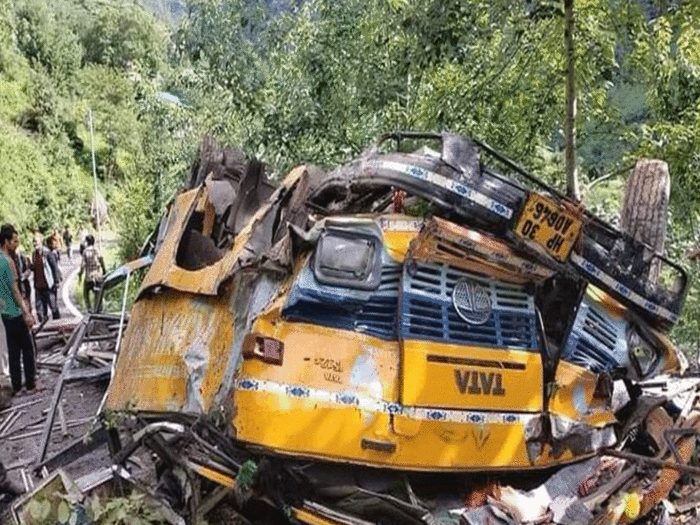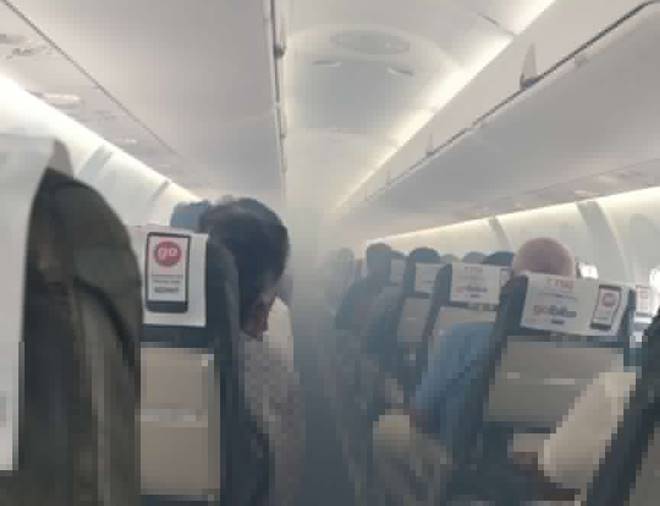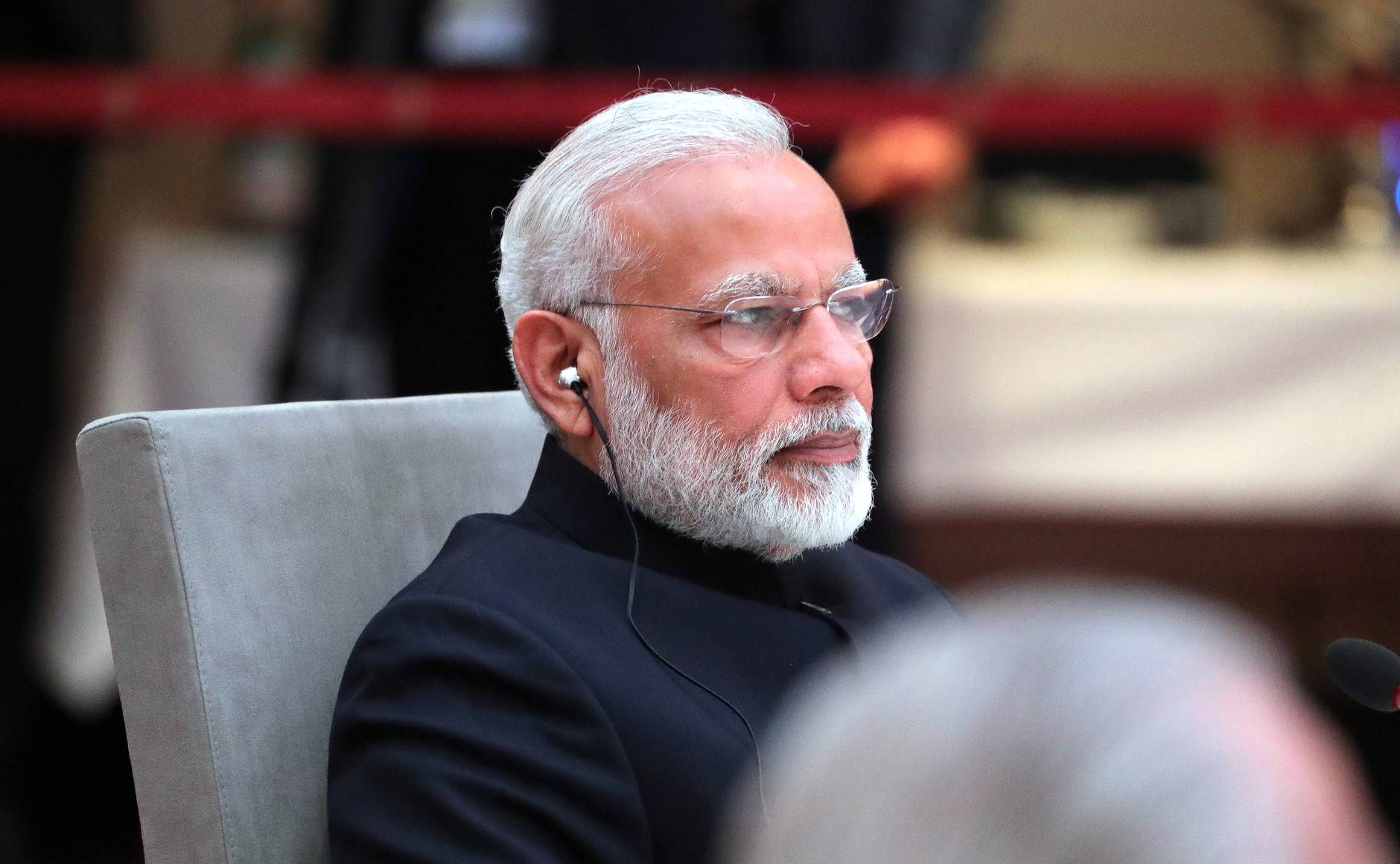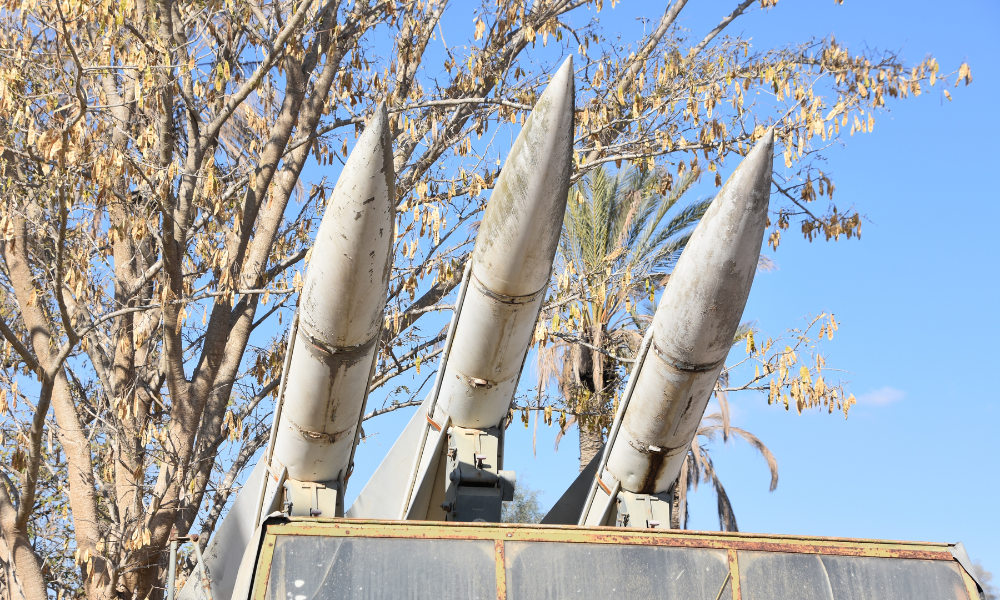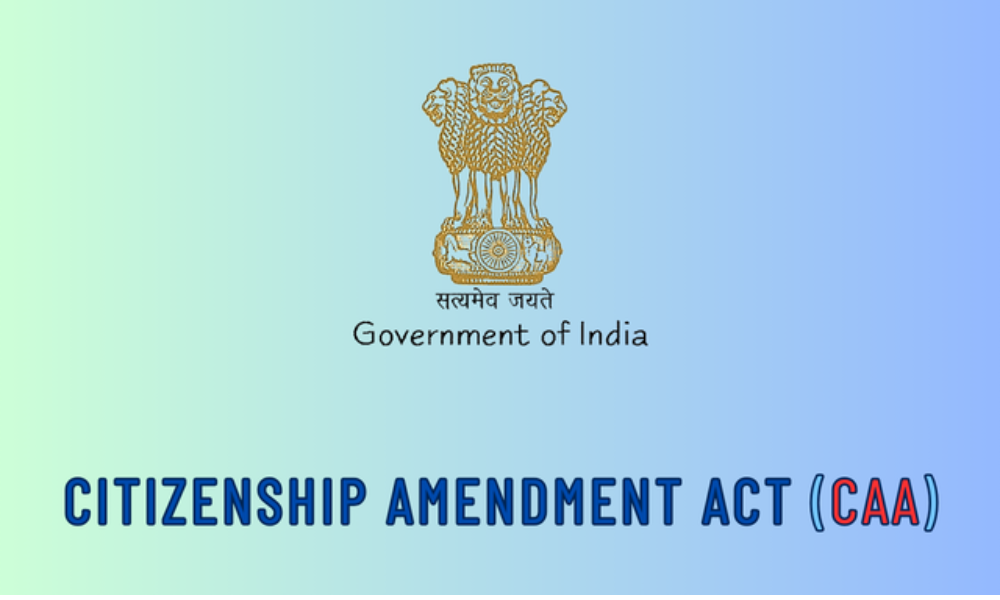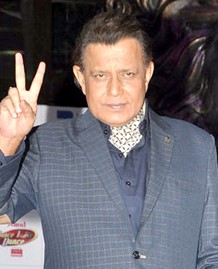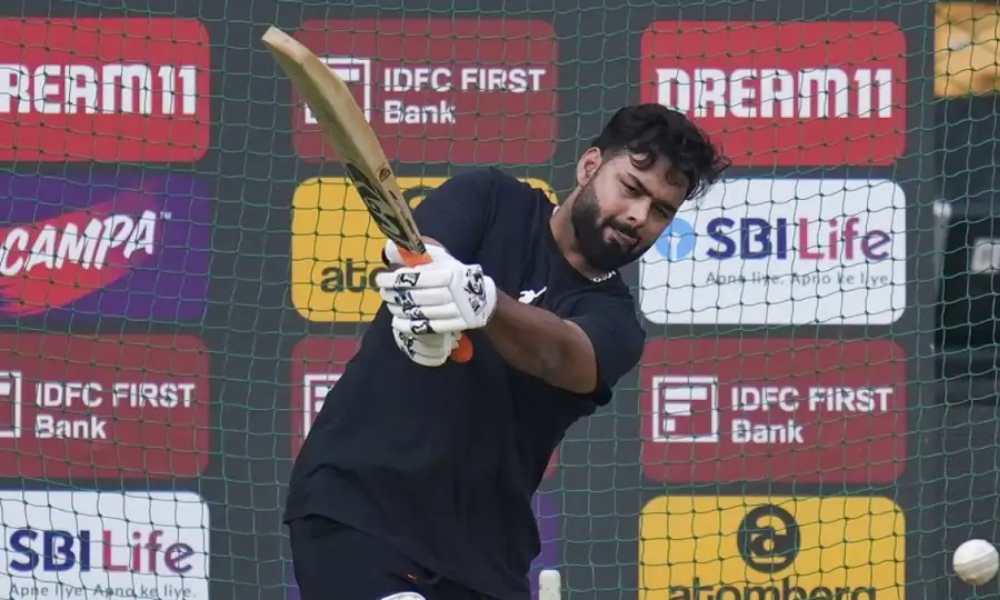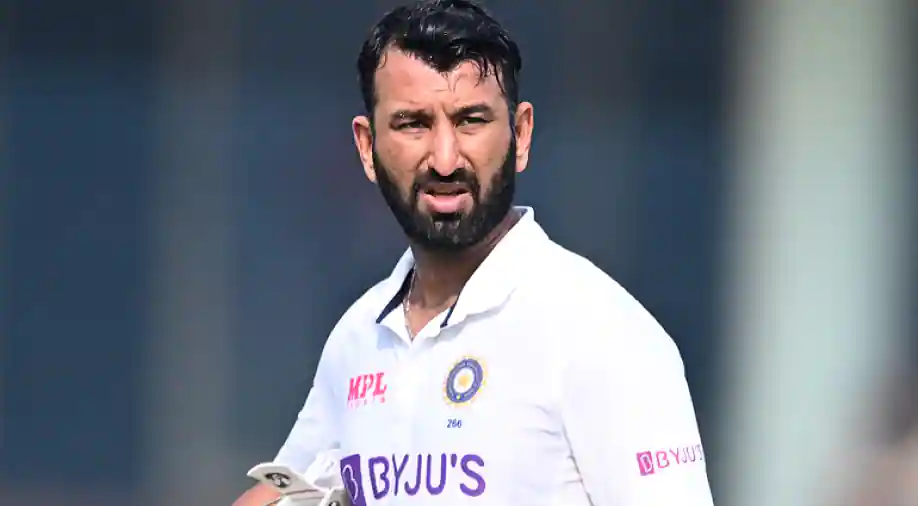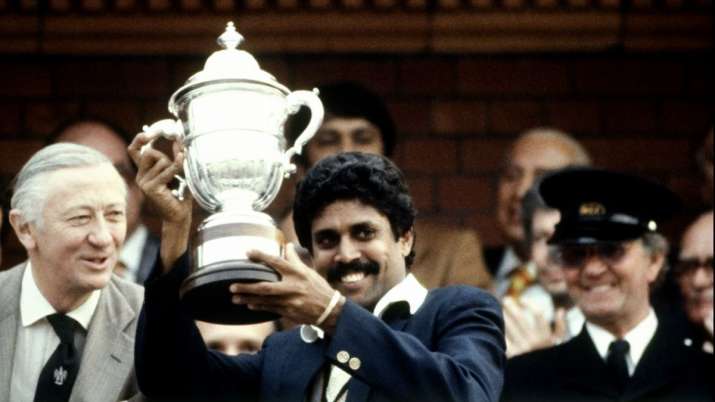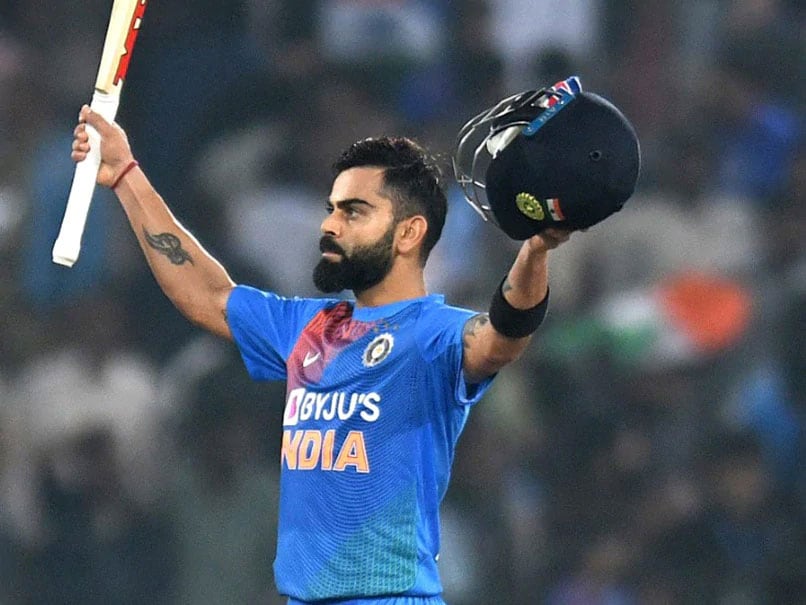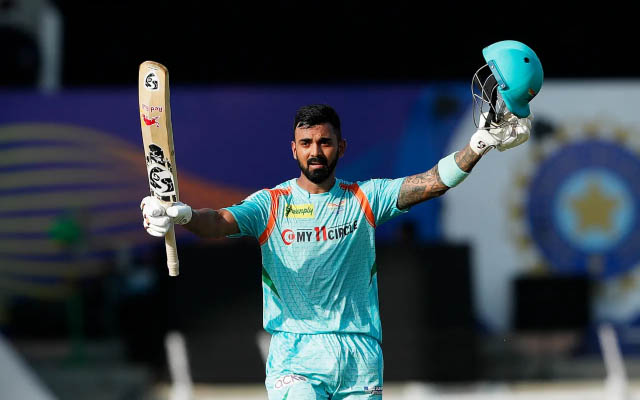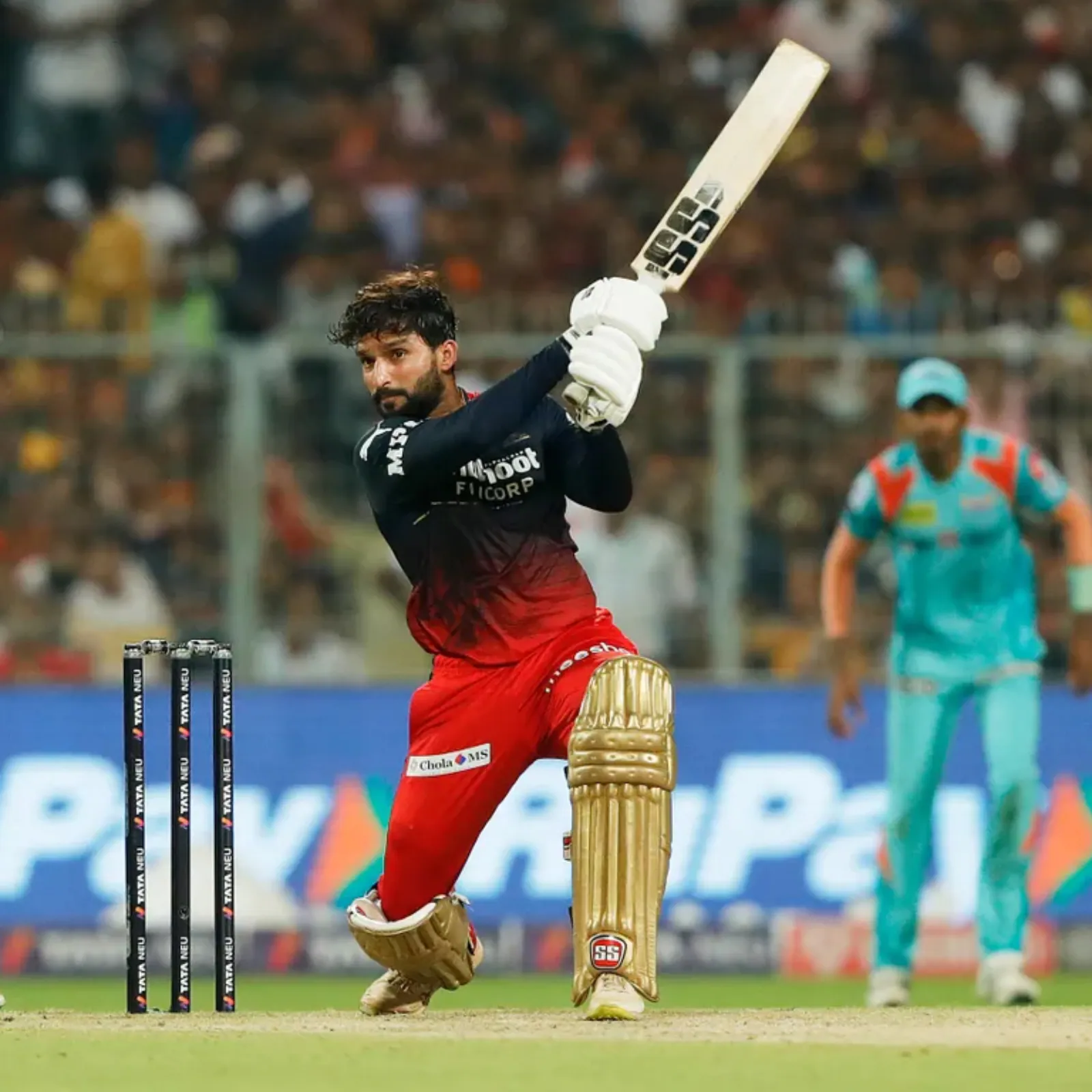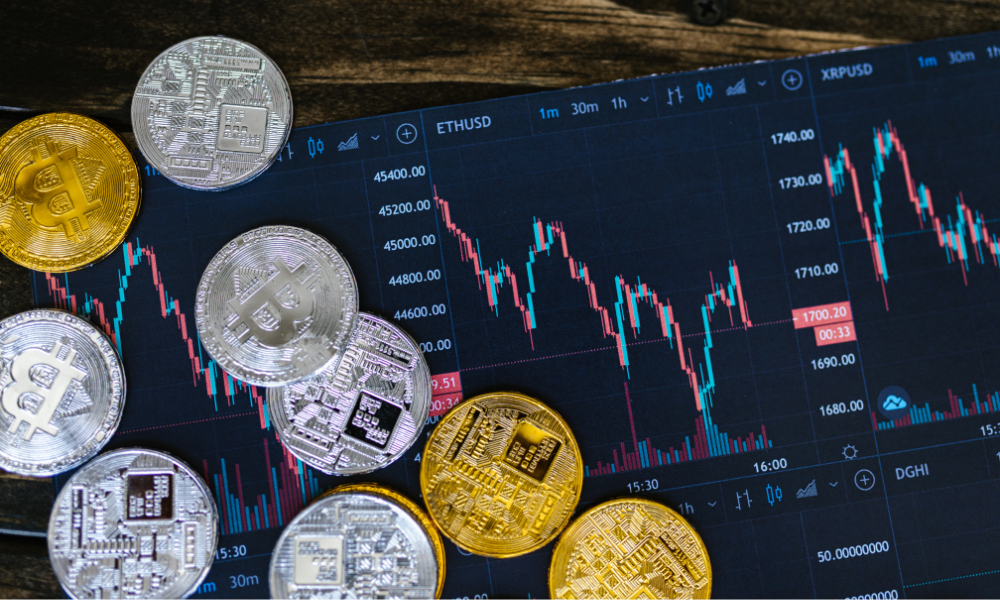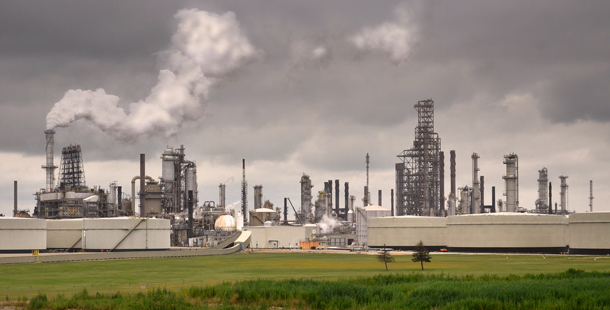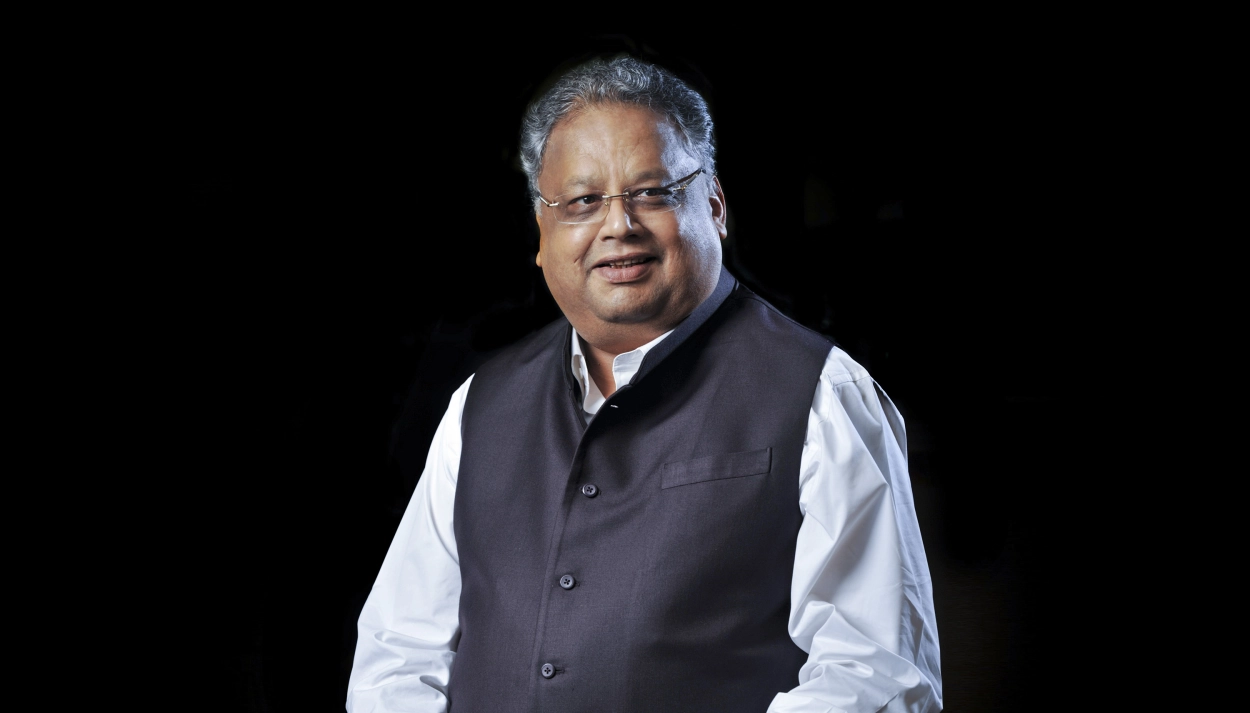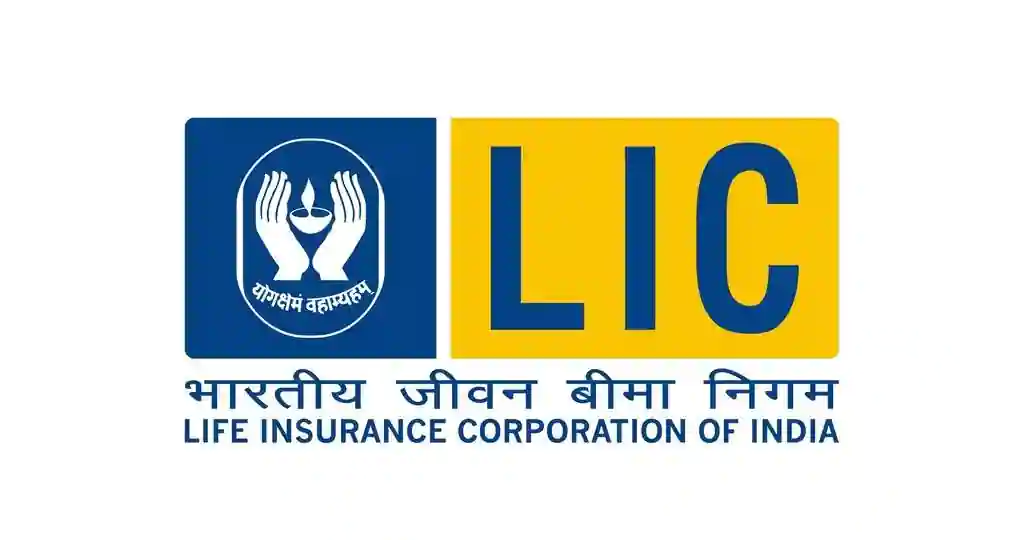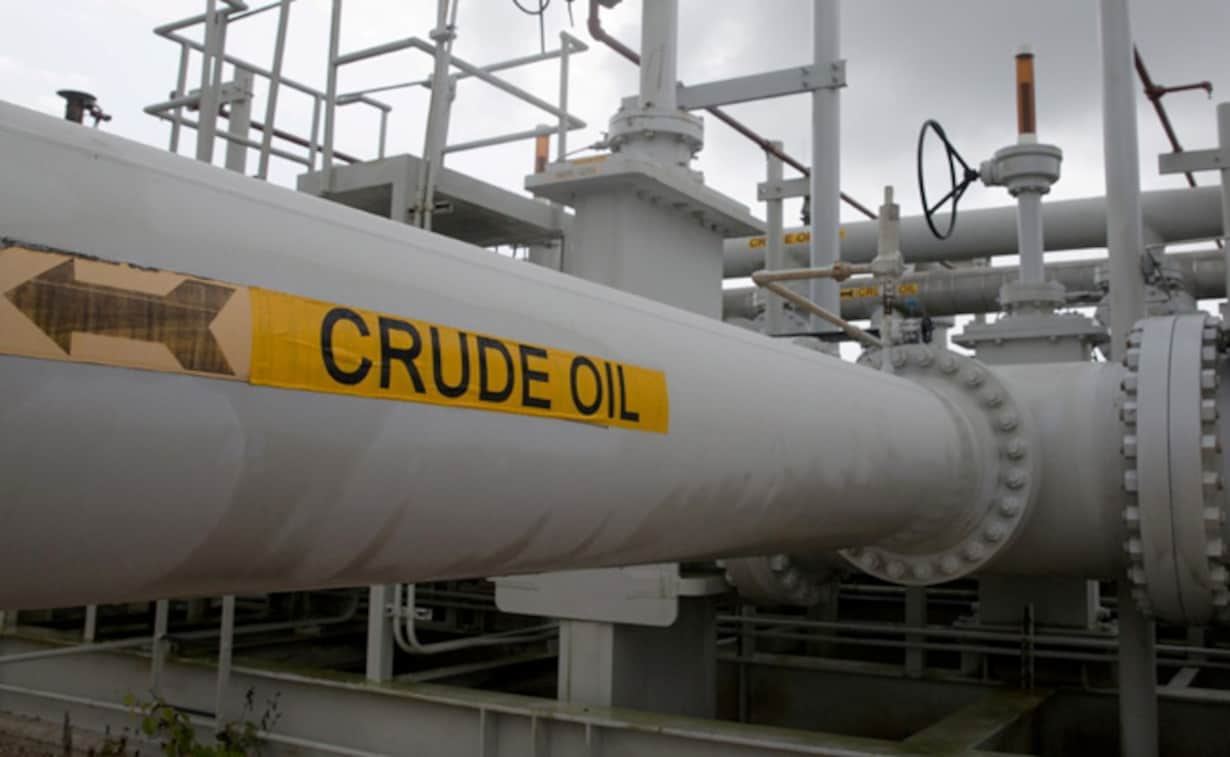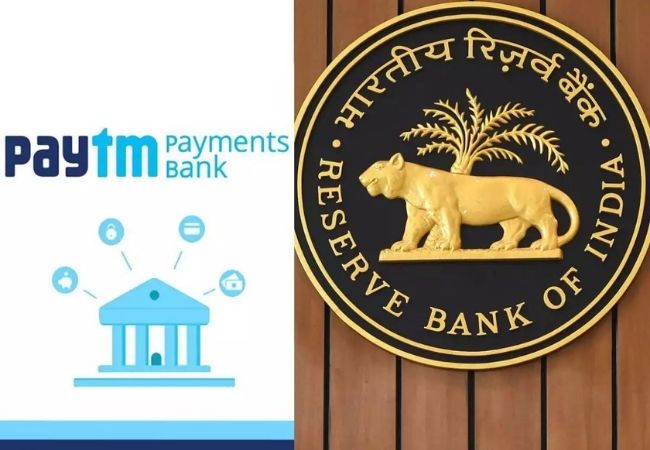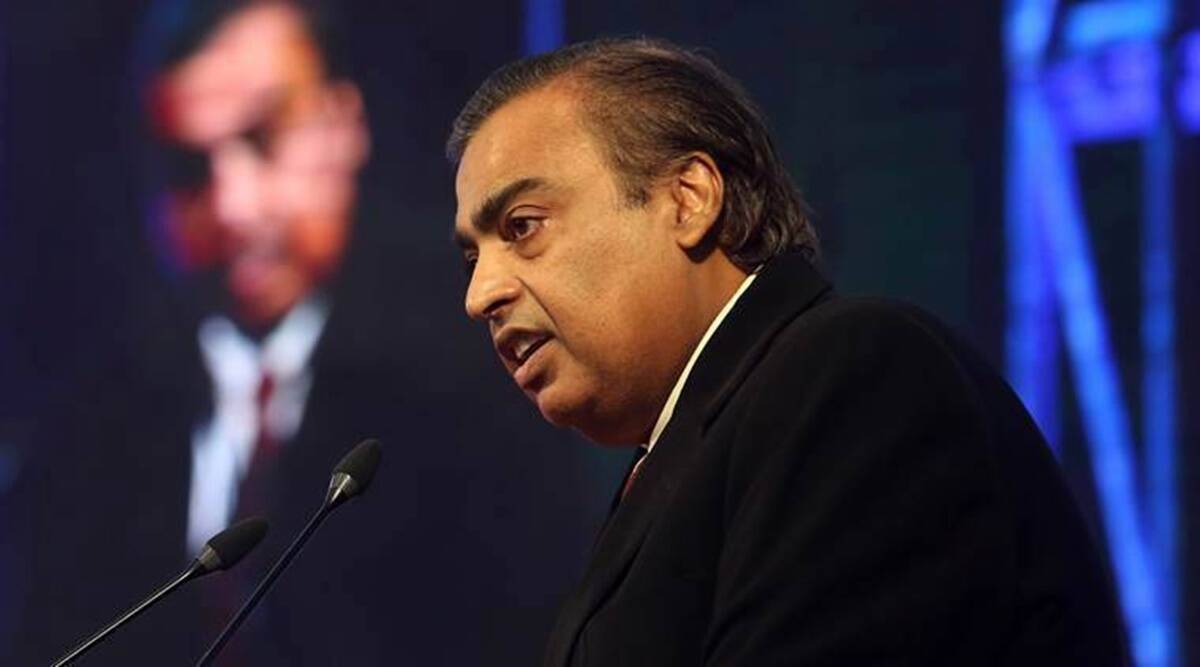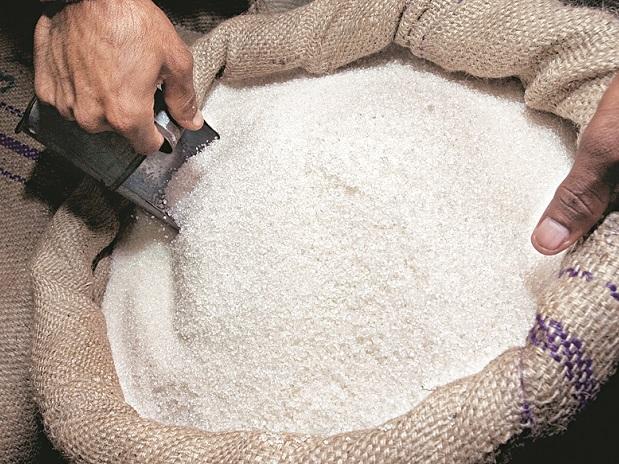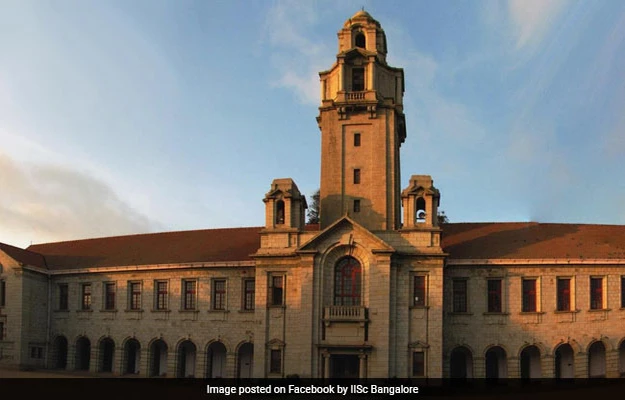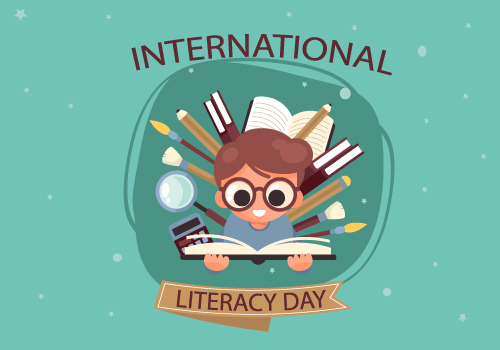Iran Nuclear Talks Middle East Stability Diplomacy International Relations Global Powers
The Iran nuclear talks have long been a focal point of international diplomacy, with implications reaching far beyond the borders of the Islamic Republic. Recent developments in negotiations over Iran's nuclear program have once again thrust this issue into the spotlight, raising questions about the potential impact on regional stability in the already volatile Middle East. In this blog post, we will delve into the latest developments in these talks, the responses of neighboring countries and global powers, and the delicate balancing act required to navigate this complex geopolitical landscape.
The roots of the Iran nuclear issue can be traced back to the early 2000s when concerns arose about the nature of Iran's nuclear program and its potential military dimensions. In response, the international community, led by the United States and European allies, imposed a series of economic sanctions on Iran aimed at pressuring the country to curb its nuclear activities. These tensions culminated in the negotiation and signing of the Joint Comprehensive Plan of Action (JCPOA) in 2015, a landmark agreement aimed at limiting Iran's nuclear capabilities in exchange for sanctions relief.
However, in 2018, the United States unilaterally withdrew from the JCPOA under the Trump administration, reinstating and even intensifying economic sanctions on Iran. In response, Iran gradually began to exceed the limits set by the JCPOA on its uranium enrichment levels, effectively breaching the terms of the agreement. This escalation of tensions raised fears of a potential military confrontation and underscored the urgency of reviving diplomatic efforts to salvage the nuclear deal.
Latest Developments: In recent months, there have been signs of progress in efforts to revive the JCPOA and bring Iran back into compliance with its nuclear obligations. Diplomatic talks involving Iran, the remaining parties to the JCPOA (China, Russia, France, Germany, and the United Kingdom), and the United States have been underway, with negotiations taking place in various formats and locations.
One of the key sticking points in the negotiations has been the issue of sanctions relief. Iran has insisted on the lifting of all sanctions imposed since the U.S. withdrawal from the JCPOA, including those targeting its oil exports, banking sector, and other key industries. Meanwhile, the United States has emphasized the need for Iran to return to full compliance with its nuclear commitments before any significant sanctions relief can be granted.
Despite these challenges, there have been indications of potential compromises and concessions on both sides. Reports suggest that progress has been made on technical aspects of the agreement, such as the sequencing of steps for Iran to roll back its nuclear activities and the verification mechanisms to ensure compliance. However, thorny issues such as Iran's ballistic missile program and its regional activities continue to complicate the negotiations.
Impact on Regional Stability: The outcome of the Iran nuclear talks is of paramount importance for regional stability in the Middle East, a region already beset by numerous conflicts and rivalries. A failure to reach a comprehensive agreement could have far-reaching consequences, including:
-
Escalation of Tensions: A breakdown in the negotiations could lead to a further escalation of tensions between Iran and its regional adversaries, including Israel, Saudi Arabia, and the United Arab Emirates. This, in turn, could increase the risk of military confrontations and destabilize the entire region.
-
Proliferation Concerns: The absence of a nuclear agreement with Iran could reignite concerns about nuclear proliferation in the Middle East, potentially triggering a new arms race as other countries seek to acquire their own nuclear capabilities as a deterrent against perceived threats.
-
Humanitarian Impacts: The continuation of economic sanctions on Iran has already had severe humanitarian consequences, exacerbating economic hardship and depriving ordinary Iranians of access to essential goods and services. A failure to reach a diplomatic solution could prolong this suffering and deepen the humanitarian crisis in the country.
Responses of Neighboring Countries and Global Powers: Neighboring countries and global powers have been closely monitoring the Iran nuclear talks and have responded in various ways:
-
Israel: Israel has been a vocal opponent of the JCPOA and has repeatedly warned against the dangers of a nuclear-armed Iran. Israeli leaders have expressed skepticism about the efficacy of diplomatic negotiations and have not ruled out the possibility of military action to prevent Iran from acquiring nuclear weapons.
-
Saudi Arabia and Gulf States: Sunni Arab states, particularly Saudi Arabia and the United Arab Emirates, have also expressed concerns about Iran's nuclear ambitions and its destabilizing activities in the region. While officially supporting diplomatic efforts to address the issue, these countries have maintained close ties with the United States and have sought assurances of their security in the event of a nuclear agreement with Iran.
-
Russia and China: Russia and China, both signatories to the JCPOA, have played constructive roles in the negotiations and have called for a swift return to the agreement. Both countries have economic interests in Iran and have expressed willingness to facilitate trade and investment once sanctions are lifted.
-
European Union: The European Union has been a strong proponent of the JCPOA and has sought to preserve the agreement despite the U.S. withdrawal. European leaders have engaged in shuttle diplomacy between Tehran and Washington to bridge the gap between the two sides and salvage the nuclear deal.
The Iran nuclear talks represent a critical juncture in efforts to address one of the most pressing security challenges facing the Middle East and the broader international community. The outcome of these negotiations will have far-reaching implications for regional stability, nuclear proliferation, and the future of Iran's relations with its neighbors and global powers. While significant obstacles remain, there is cautious optimism that a diplomatic solution can be reached, provided all parties demonstrate flexibility, pragmatism, and a willingness to compromise in the interest of peace and security.
In the meantime, the international community must continue to support diplomatic efforts to de-escalate tensions, mitigate the humanitarian impact of sanctions, and promote dialogue and cooperation among all stakeholders. Only through sustained engagement and constructive diplomacy can lasting solutions be found to the complex challenges facing the Middle East and beyond.
Powered by: Oh! Puhleeez Branding Agency & NowUpskill
Iran Nuclear Talks Middle East Stability Diplomacy International Relations Global Powers

